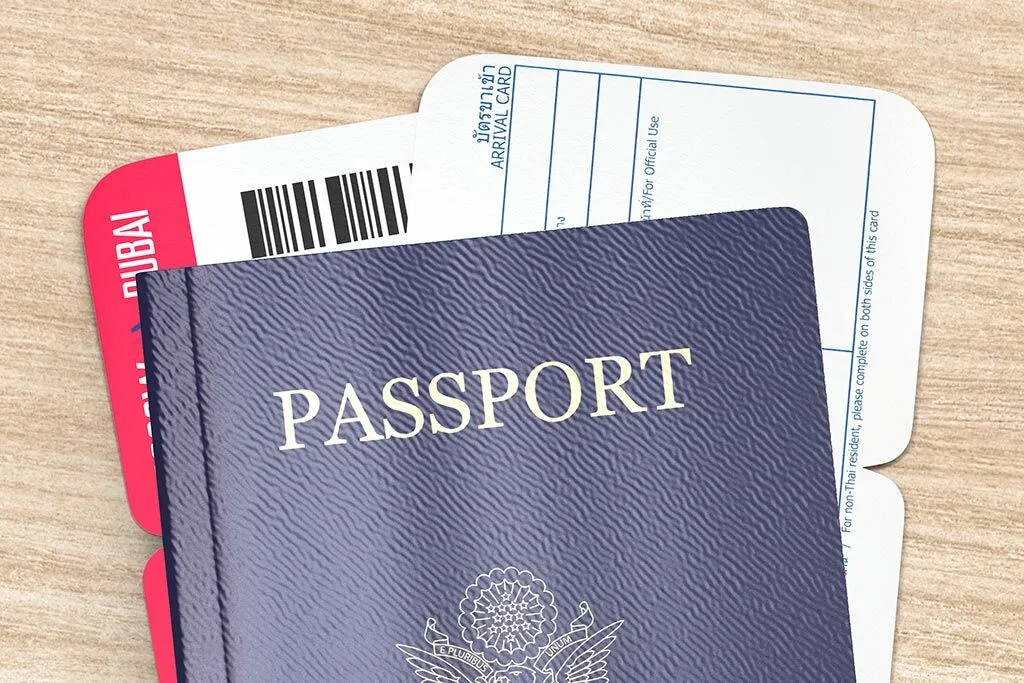From April 15 to October 15, 2024, several land and sea checkpoints crossing into Thailand will no longer require people entering the country to fill out the Tor Mor 6 (TM6) immigration form. The TM6 Requirement has been lifted. This move was taken by the government and immigration authorities with the hopes that it would ease congestion at checkpoints and make it more convenient for tourists to enter the country.
What is the TM6 Form?
The TM6 form acts as an arrival and departure card that must be filled and carried at all times before passing through airport immigration counters to enter Thailand. It keeps track of foreign nationals coming in and going out of the country and collects information such as their name, passport details, flight number, address in Thailand, and any applicable visa information. It is also required when extending or changing your current visa.
However, it has also caused processing delays at immigration checkpoints for tourists entering Thailand. There are also fees and penalties that can be levied if the card is lost, making this form a point of contention for many tourists.
The Latest Efforts to Boost Tourism in Thailand
The TM6 requirement was lifted for tourists entering Thailand by air from July 2022, and is still in effect as of the time of writing, May 2024. It was also temporarily lifted at the Sadao Immigration Checkpoint in Songkhla from November 1, 2023, to April 30, 2024, which saw an increase in tourists of all nationalities entering Thailand from Malaysia for the entire duration.
Now, because of the success of their previous efforts in increasing tourism by waiving the requirement, the government has decided to suspend the TM6 forms at the following land and sea borders to boost tourism even further:
| Land Borders Affected | Sea Border Affected |
|
|
Who needs to fill out the TM 6 forms?
If you are entering Thailand through a checkpoint not mentioned above, you are still required to fill out the TM6 form. It is also important that you keep in mind that the requirement has only been lifted temporarily or at best indefinitely, but not permanently. If this move significantly boosts tourism in Thailand or positively impacts the country in some way, the government may decide to lift the requirement at other checkpoints or, perhaps, remove it entirely in the future.









































